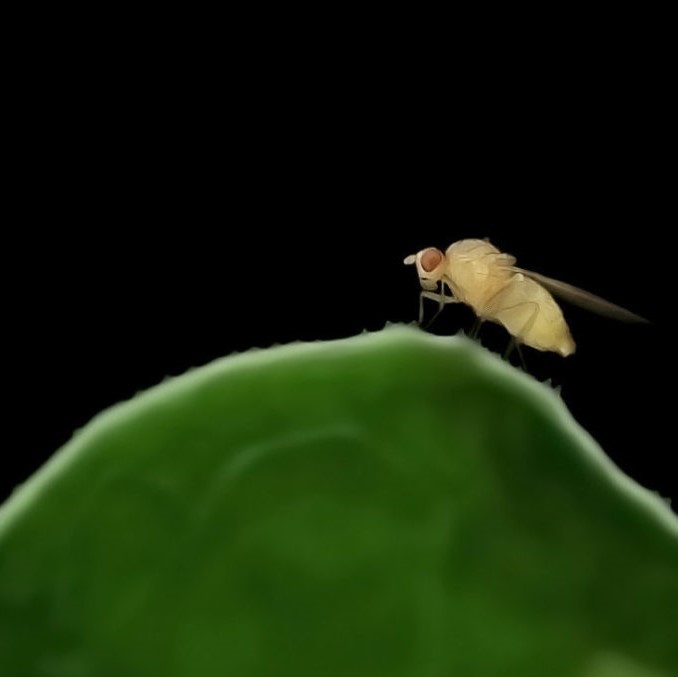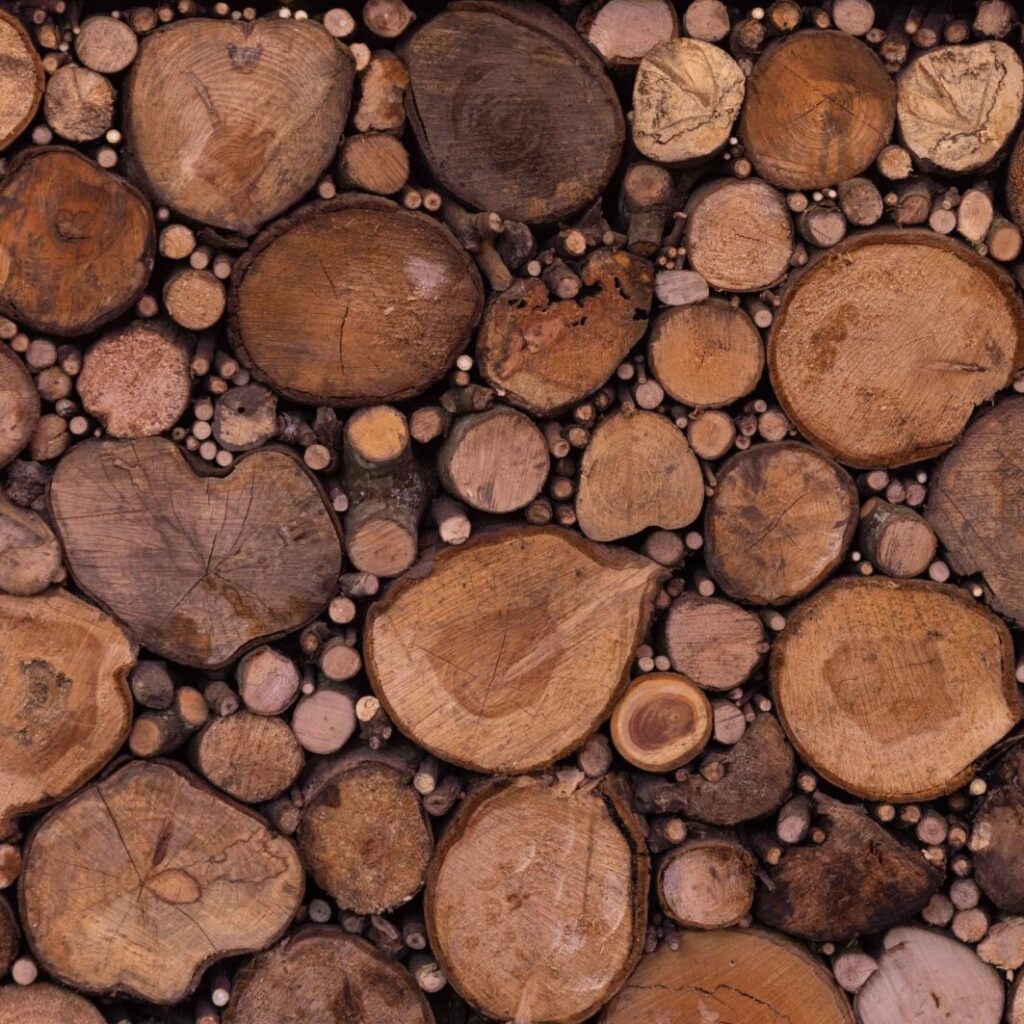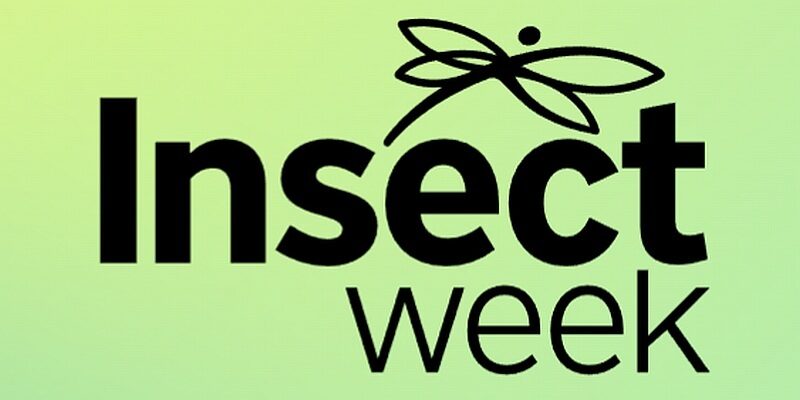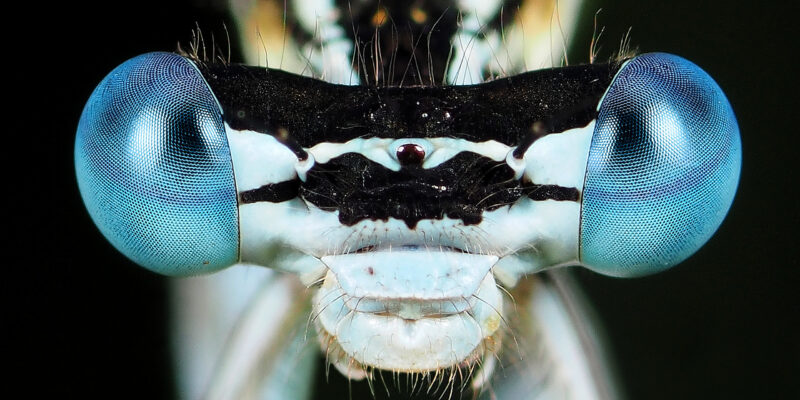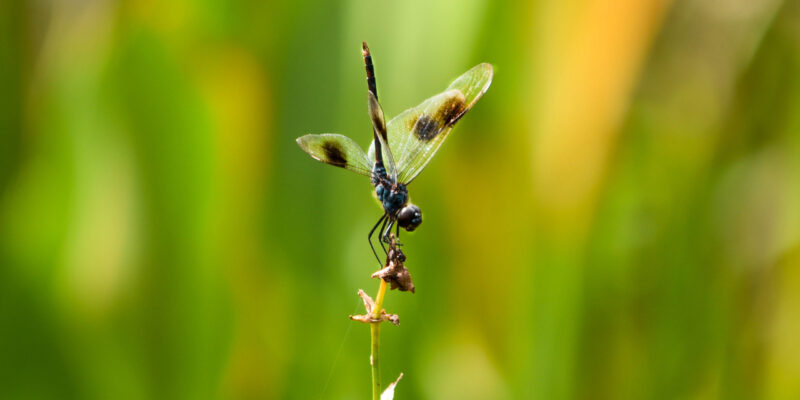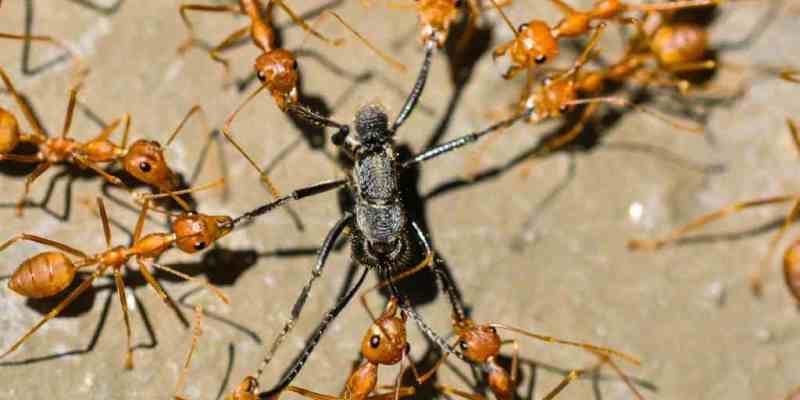Careers in entomology
Entomology is the study of insects, entomologists are people who study insects. There are many different roles for entomologists and insect scientists, and many can work all over the world in varied environments.
On this page we will go into some of these roles and see individuals already progressing in the field.
Ready to jump in? You can find current vacancies with external organisations on our Job Opportunities page.
Training in entomology
It may be possible to enter a career in entomology at trainee or technician level with GCSE’s/S grades and A levels/H grades, or equivalent international qualifications.
Most entomologists however have University bachelor’s (BSc) degrees and some specialise further with Master’s (MSc) and Doctoral studies (DPhil or PhD).
See our entomology courses and PhD opportunities pages for information on further education in entomology and insect science in the UK and Ireland.

Click the titles below to jump to each section of the page.

Agricultural, Forest & Horticulture Entomologists

Manage insect crop pests with chemical, biological and environmental methods.
Find out more on the Royal Horticultural Society and the BASIS websites.
Medical & Veterinary Entomologists

Diagnose and manage insects that cause and can carry human and animal diseases.
Read about this work in a UK Health Security Agency blog.
Domestic Pest Controllers

Manage insect pests in domestic and business premises.
Find out more at the British Pest Control Association.
Insect Farmers

Produce insects for new protein sources and manage honeybees for honey.
Ecological Consultants

Survey insects to measure the health and value of a habitat.
Find out more on the British Ecological Society and the Chartered Institute of Ecology and Environmental Management.
Biological Recorders

Identify insect species and record their geographic location for ecological data.
Find out more at the National Forum for Biological Recording website.
Zookeepers

Care for populations of rare insect species.
Conservationists

Campaign, fundraise and act to conserve rare insect species.
Insect Taxonomists

Describe new insect species and research evolutionary relationships between them.
Museum Curators

Collect and preserve collections of insect specimens for use in scientific research.
Watch a video with Ashleigh Whiffin of National Museums Scotland.
Scientific Researchers

Discover new information about insects from genes to overall biology with experiments and fieldwork.
Forensic Entomologists

Use insects to provide evidence for legal cases.
Science Communicators

Use insects to connect people with science and nature via words, images and videos.
Artists

Are inspired by or work with insects to create fine art, performance art or literature.
Read about Bridget Bailey’s ‘Taxonomy of Making‘, part of the Insect Odyssey exhibition at Salisbury Museum.
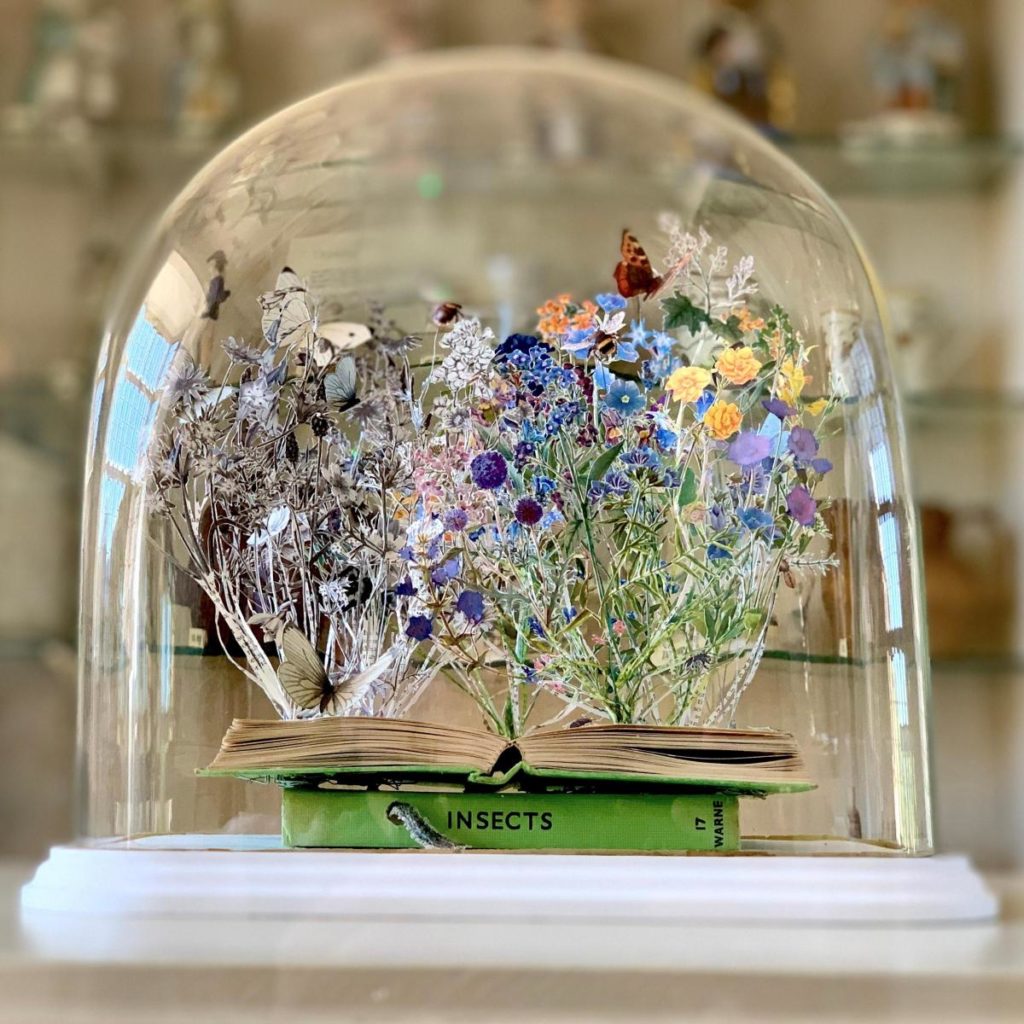
Teachers & Lecturers

Inspire students at all levels from school up to university about insects.
Read about keeping insects in the classroom and find learning resources on our Insect Week website.
Engineers

Use insects as inspiration for new technologies to save the world.
Read about how insects have inspired miniature robots, better surgical needles, and jumping robots.



